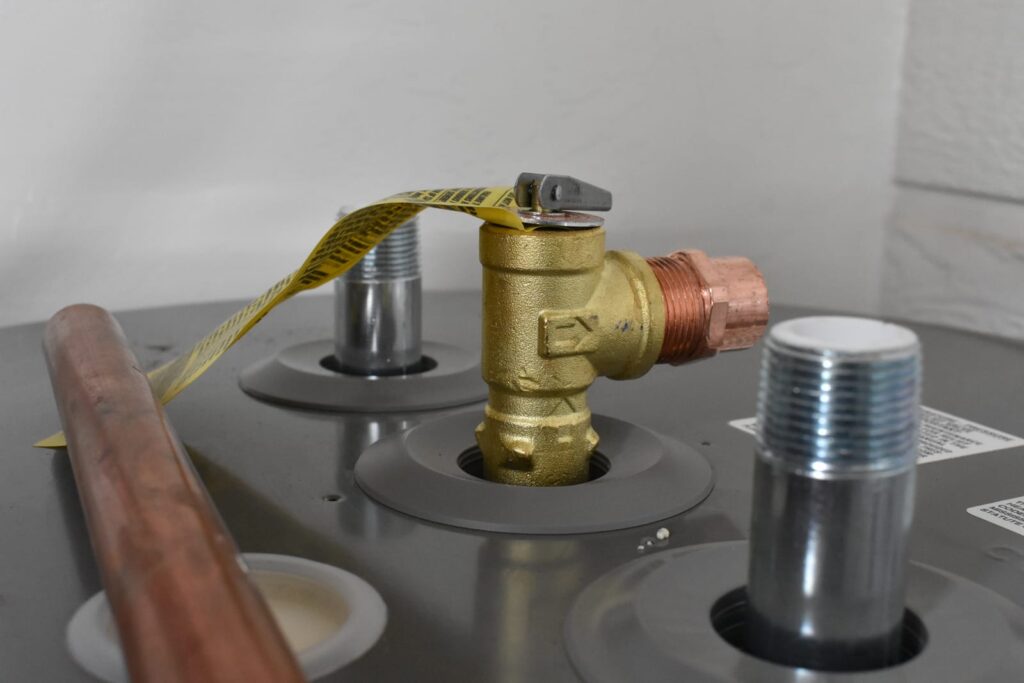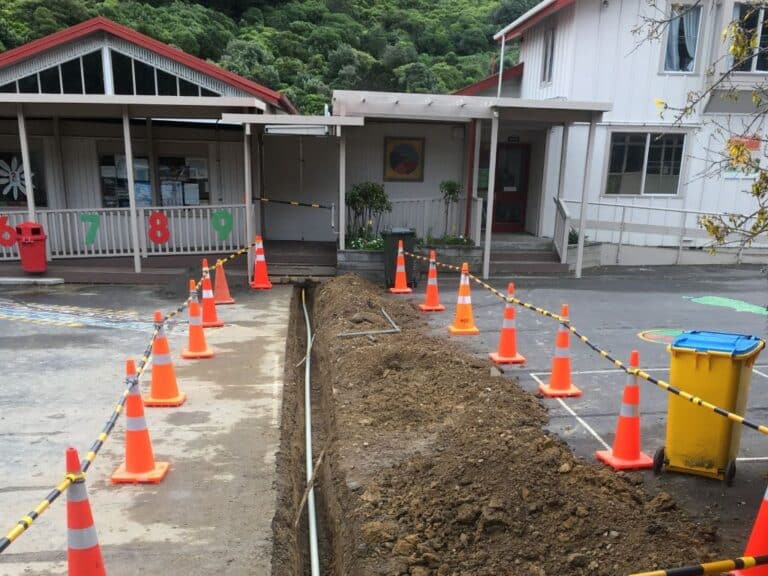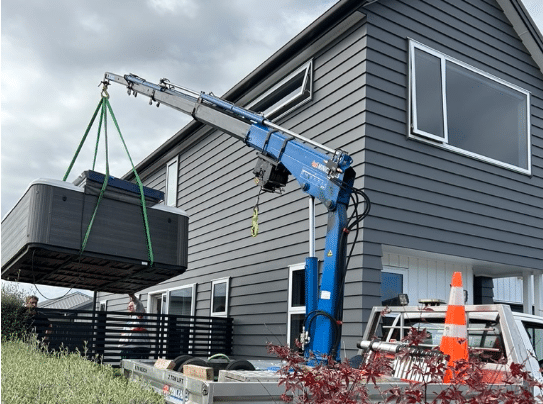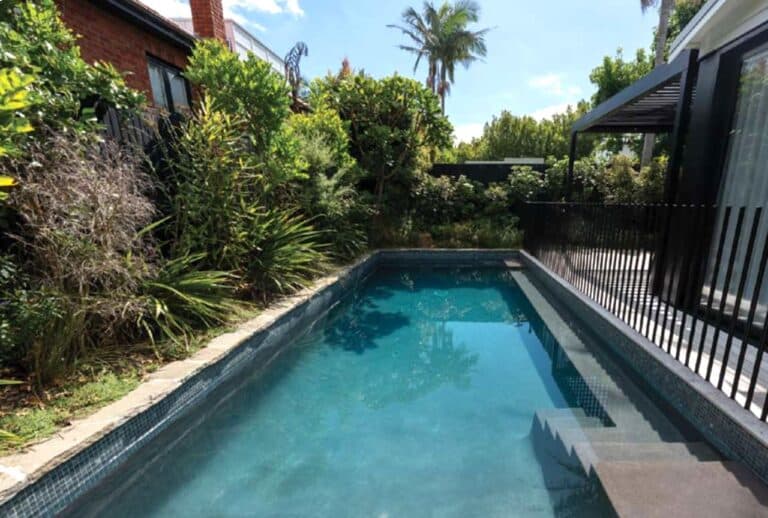Most of us don’t give much thought to our hot water system—until something goes wrong. Maybe the water pressure has dropped, your energy bills are creeping up, or you’re thinking about ways to make your home more eco-friendly. Whatever the reason, upgrading your system can feel like a big decision.
But it doesn’t have to be overwhelming. A carefully chosen upgrade can improve your home’s efficiency, keep utility costs in check, and make sure your system keeps up with the demands of daily life.
That’s why it’s worth getting expert advice. A professional can help you weigh your options and ensure the process goes smoothly, giving you confidence that your home’s hot water needs are in good hands.
Why You Should Consider Upgrading Your Hot Water System
Your hot water system has a big impact on your home’s comfort and running costs. If it’s been more than a decade since yours was installed, you could be missing out on the benefits of modern, energy-efficient systems. Here’s why an upgrade might make sense for your household:
- Lower Energy Costs: Modern systems use energy far more efficiently, saving you money over time.
- Better Performance: Tired of fluctuating water temperatures? Newer systems provide consistent pressure and heat.
- Eco-Friendly Options: Reduce your carbon footprint with systems like heat pumps or solar water heaters.
Signs It’s Time for a Hot Water System Upgrade
If your hot water system is running without issues, you might not see the need to upgrade. But there are signs that could point to trouble on the horizon. Keep an eye out for:
- Inconsistent Water Temperature: Fluctuations between hot and cold water can signal that your system is struggling to keep up.
- Rising Energy Costs: An older system often uses more energy, which means higher utility bills.
- Leaks or Rust: Visible wear and tear, such as leaks or corrosion, is a clear indicator of a system nearing the end of its life.
- Age of the System: Most hot water systems last between 10–15 years. If yours is in that range, it’s time to start considering an upgrade.
It’s better to plan ahead and replace your system before a breakdown leaves you without any hot water.
Choosing the Right System for Your Home

There’s no one-size-fits-all solution when it comes to hot water systems. The right choice depends on your household size, water usage, and energy priorities. Here are the most common options in Whanganui homes:
Electric Storage Cylinders
A common choice for smaller households, these systems are affordable and straightforward to install. However, they can have higher running costs compared to newer technologies.
Gas Continuous Flow Systems
Perfect for families, these systems heat water as needed, so you’ll never run out. They’re efficient but do require access to natural gas or LPG. Keep in mind that proper installation and routine maintenance are key to ensuring safe and reliable performance for this type of system.
Heat Pump Water Heaters
These systems are highly energy-efficient, drawing heat from the air to warm your water. While they have higher initial costs, the long-term energy savings make them a smart choice for eco-conscious homeowners.
Solar Water Heaters
A great option for Whanganui’s sunny days, solar water heaters can significantly lower energy costs. They do have a higher upfront cost, but the long-term savings and environmental benefits are worth considering.
Additional Considerations Before Upgrading
When choosing a new system, it’s not just about picking a type. Here are some other factors to think about:
- Water Usage Patterns: How much hot water does your household use daily? Large families will need systems with higher capacity or on-demand options.
- Energy Source Availability: Not all areas of Whanganui have access to natural gas, so ensure your chosen system aligns with what’s available in your location.
- Space Requirements: Some systems, like heat pumps, require more space than others. Make sure your home can accommodate the system you choose.
- Future-Proofing: Consider how your household needs might change. Will your family grow, or are you planning for long-term sustainability?
Upgrading Can Save You Money
Homeowners upgrading to energy-efficient systems often see significant savings. Households can save up to 60% on water heating costs, according to the Energy Efficiency and Conservation Authority.
Additionally, government initiatives like the Warmer Kiwi Homes programme offer rebates for eligible households installing energy-efficient systems.
Sustainability and Environmental Benefits
Modern hot water systems are a step toward a greener future. By upgrading to a solar or heat pump system, you’re not only lowering your energy bills but also contributing to New Zealand’s sustainability goals.
For Whanganui homeowners, this means taking advantage of the region’s sunny days or its mild climate to make the most of energy-efficient solutions. Small changes, like upgrading your hot water system, can collectively make a big difference.
Why Talk to a Professional Plumber?
Upgrading your hot water system is more than picking the latest model. The system must be the right size, type, and energy source for your home.
For Whanganui homeowners, working with a local plumber who understands the area’s climate and energy options can make all the difference. Local Whanganui plumbers who specialise in hot water system upgrades will be able to help you make a smooth transition.
Maintaining Your New System
Once you’ve upgraded, regular maintenance will keep your system running efficiently. Simple steps like these can save money and extend its lifespan:
- Annual Check-Ups: Schedule inspections to catch potential issues early.
- Temperature Settings: Keep your system at 60°C for efficiency and safety.
- Valve Testing: Make sure the pressure relief valve is working as it should.
Upgrading your hot water system might feel like a big step, but the long-term savings make it well worth the effort. Taking the time to evaluate your options, plan for future needs, and understand the pros and cons of each system will help you make a decision you’ll feel confident about for years to come.
Proper installation and regular maintenance are just as important as choosing the right system, ensuring it performs efficiently and reliably. By seeking guidance when needed, you can make the process smooth and stress-free.




